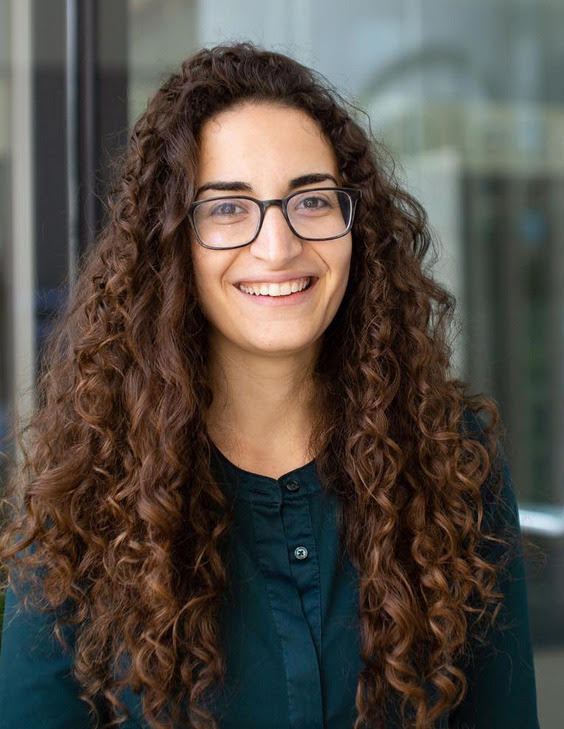Faculty Candidate Seminar
Prediction, Causality and the Great In-between
This event is free and open to the publicAdd to Google Calendar

Zoom link for remote participants, passcode: 862585
Abstract: Increasingly, practitioners are turning to ML to build causal models, and predictive models that perform well under distribution shifts. However, current techniques for causal inference typically rely on having access to large amounts of data, limiting their applicability to data-constrained settings. In addition, empirical evidence has shown that most predictive models are insufficiently robust with respect to shifts at test time. In this talk, I will present my work on building novel techniques addressing both of these problems.
In the first part of the talk, I will focus on a major failure mode for robust machine learning: shortcut learning. Shortcut learning is a phenomenon in which models learn unstable associations that break as the test distribution shifts. I will present my work on developing causally-motivated regularization techniques that discourage shortcuts by encouraging models to conform to a pre-specified causal structure. I will discuss settings where possible shortcuts are known a priori and settings where such knowledge is not available.
In the second part of the talk, I will discuss methods to build statistically efficient causal inference methods. Much of the causal literature focuses on learning accurate individual treatment effects, which can be complex and hard to estimate from small samples. However, it is often sufficient for the decision maker to have estimates of upper and lower bounds on the potential outcomes of decision alternatives to assess risks and benefits. I will show that in such cases we can improve sample efficiency by estimating simple functions that bound these outcomes instead of estimating their conditional expectations. I will present a novel algorithm that leverages these theoretical insights.
Bio: Maggie Makar is the presidential postdoctoral fellow in the computer science and engineering division at the University of Michigan in Ann Arbor. Her research primarily focuses on developing robust machine learning and causal inference methods particularly in the field of healthcare. Her work has appeared in NeurIPS, ICML, AIStats, AAAI, JAMA, Health Affairs, and Epidemiology. She has held research positions in Microsoft Research and Google Brain. Dr. Makar received her PhD in Computer Science from MIT in 2021. More information is available at https://mymakar.github.io/
 MENU
MENU 
